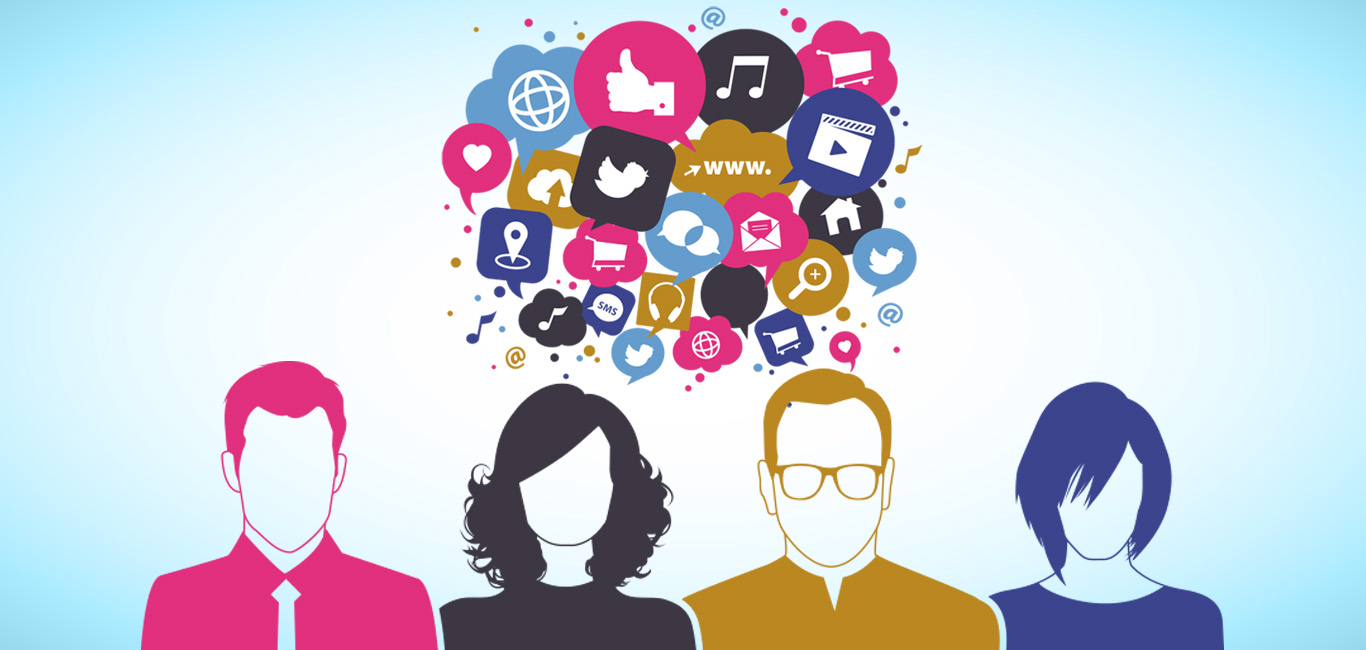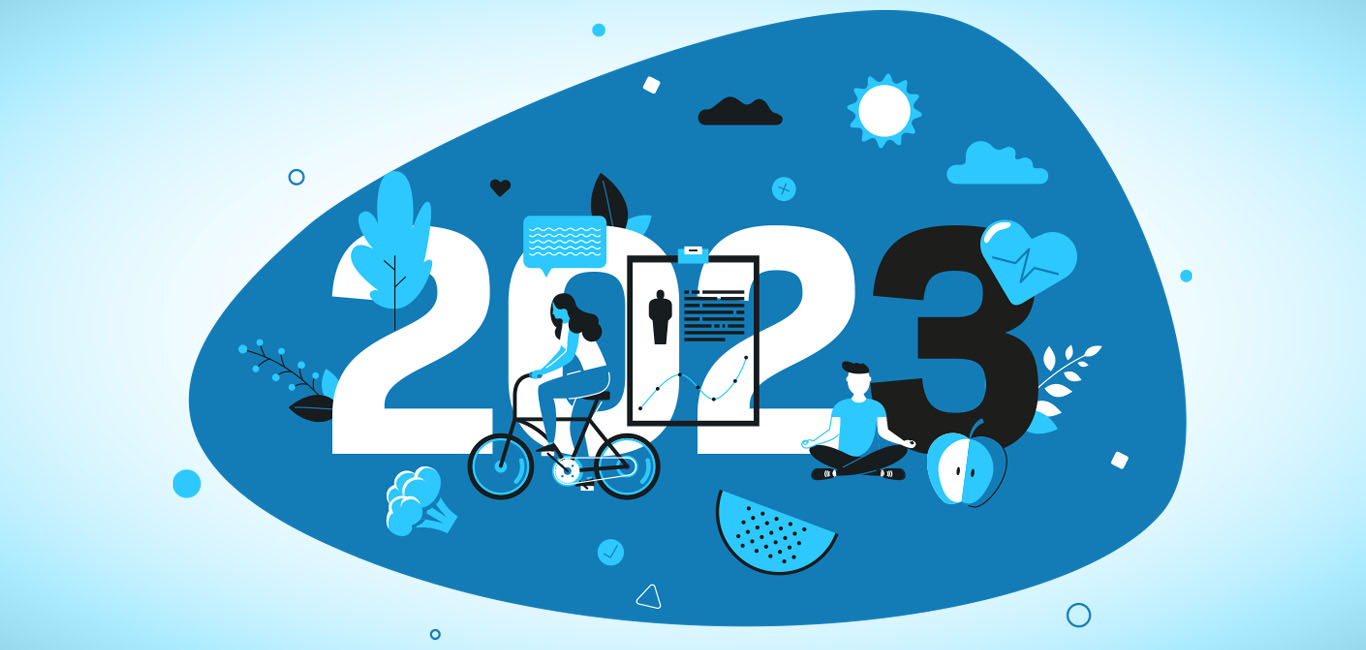
Ashwini Nanda, a 22-year-old software developer from Indore, started noticing something about himself over the past couple of months. He says, “I have not been spending as much time with my family of late. I usually spend most of my day either playing video games or on social media.”
Even when he was with his partner, he would sneak on his phone every other minute. “If I don’t get a notification, I access my social media accounts to check if I missed anything.” Nanda shares that he is on the journey of recovery which required introspection and social support.
Much like Nanda, many of us use social media apps daily. According to a 2021 report released by We Are Social UK – which describes itself as a socially-led creative agency – and social media management platform Hootsuite, 4.88 billion people or 61.8 per cent of the world’s population are internet users. Of them, 4.55 billion or more than a half of the world’s population are active social media users.
Considering this widespread use of social media globally, where does one draw the line between their healthy use and excessive dependence?
The first step, according to experts, is to tackle it by recognising the problem.
At the cost of other tasks
Social media dependence is defined as a behaviour where one is overly obsessed and engaged with the various platforms and their own presence on them. Persons who have social media dependence are driven by an uncontrollable urge to use the apps and spend much time and effort on them at the cost of important areas of life.
Telltale signs
Experts say some of the symptoms of an obsession with social media are obvious. We may spot such people with these behavioural signs:
- checking their regular social media platforms even as they wake up in bed;
- continuously looking for or reading updates, feeds and notifications while at work or other places;
- constantly checking responses to their posts online;
- often imagining the phone ringing when it did not;
- scrolling the media and neglecting urgent tasks or important activities.
Behavioural science experts say people who are caught in a social media web should ask themselves these questions:
- Do I spend a lot of time thinking about and engaging myself in social media?
- Do I increasingly feel the urge to use these apps?
- Do I use social media to forget about or hide from personal problems?
- Have I tried but failed to reduce the use of social media?
- Do I become restless or troubled if unable to visit my regular platforms?
If the answers to these questions are a ‘yes’, as they were for Nanda, then clearly social media use has turned into an excess.
Effect on relationships
Social media are always displaying pictures of one’s friends and their partners, and of their happy relationships, travels and accomplishments. But is all of it true?
Sarayu Chandrashekar, a marriage and family therapist in Bengaluru, says, “I noticed that there is often a gap between actual relationships and what is presented through social media. Often, [virtual images] do not project real relationships.”
Chandrashekar says, “In my practice [involving] couples, I see that mobile phones or social media are frequently used as a distraction or escape from interpersonal relationships. This happens especially when couples are going through conflicts. Either of them might disengage from the conversation because they are on social media, using them as a temporary escape from the reality of their situation.”
Relationship psychologists John and Julie Gottman who run the Gottman Institute in Washington stress that social media can become unpleasant in a relationship when the meaning and boundaries of its usage are not clearly defined or agreed upon.
Ways to reconnect
- Accepting the reality about oneself, one’s situations and imperfections can start the disengagement with the virtual world of the apps.
- No distraction: It is crucial to make time to connect with each other and family without the distraction of devices or social media. Social media stop us from being curious about people around us, so it is important to bring the interest back about people who matter.
Here are a few other ways to put real relationships back on priority.
- Personal and family time, such as cooking, eating or outings together can ensure a ‘no-gadgets’ time. Relationships can improve when people travel together with their dear ones occasionally.
- Engaging in a hobby gives one personal time, unclutters and energises the mind, helps in interacting with other people. It taps one’s creativity and helps one to be active physically and mentally.
- Group activities enable one to pool and express ideas while also helping to absorb others’ perspectives.
- ‘Do it yourself’ or DIY aids help one to learn a new skill and also quality time with family and friends while allowing one to be physically and mentally active.

















